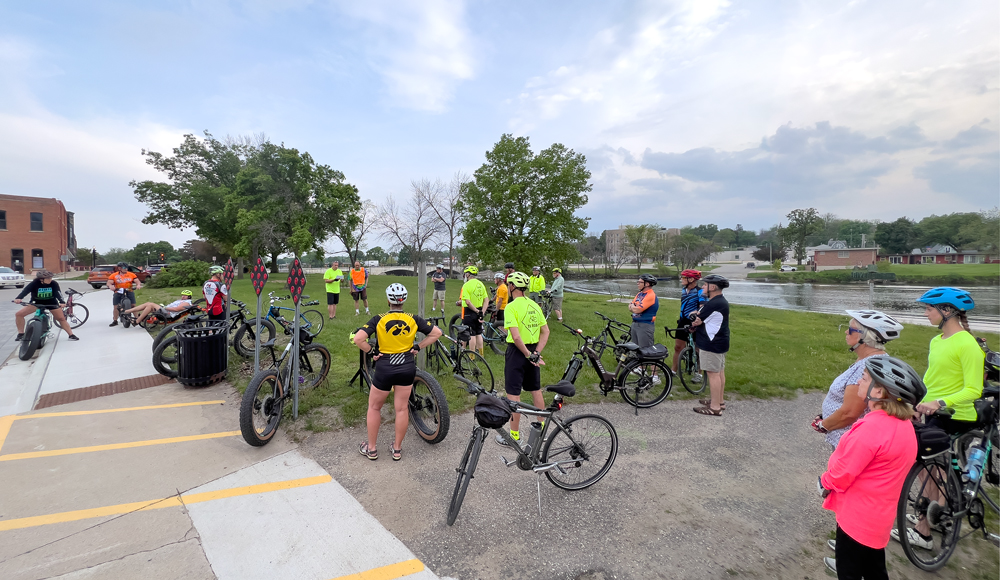Hardin County judge says pipeline land survey law is constitutional, contradicting Clay County decision
By Jared Strong, Iowa Capital Dispatch
An Iowa district court judge decided this week that a state law is constitutional that allows land surveys for carbon dioxide pipelines regardless of landowners’ consent, according to court records.
The ruling — in a Hardin County case — is at odds with another judge’s ruling last week in Clay County, which said the law does not provide compensation for intangible damages suffered by landowners when they are forced to allow the surveys and is unconstitutional.
The surveys are used to determine the depth and path of proposed pipelines, and state law says the pipeline companies can seek court-ordered injunctions to carry out the survey work despite landowners’ objections.
The judge’s decision Wednesday in the Hardin County case was the result of Summit Carbon Solutions seeking an injunction against a landowner in that county.
It’s one of more than 10 lawsuits filed by Summit and Navigator CO2 Ventures against unwilling landowners in several Iowa counties for the injunctions, which created the potential for multiple, conflicting rulings.
Regardless of how the matter of constitutionality is ultimately settled, it might not prevent state regulators from issuing permits to construct the pipelines. There is nothing in state law that requires a hazardous liquid pipeline company to complete all of the survey work before the Iowa Utilities Board approves its permit, said Don Tormey, a spokesperson for the board.
Existing law allows the companies access to private land for the surveys after they host informational meetings about their projects and provide 10-day notices by certified mail.
A Boone County landowner unsuccessfully challenged it in 2015 for the Dakota Access oil pipeline.
In this week’s ruling in Hardin County, regarding landowner Kent Kasischke, Judge Amy Moore decided that Summit’s proposed pipeline meets a “public use” requirement for eminent domain to be used to construct it and that the state’s survey law appropriately provides compensation to landowners for any actual damages that might arise from the survey work.
“For the foregoing reasons, the court finds that Mr. Kasischke has failed to establish that (the survey law) is unconstitutional beyond a reasonable doubt,” Moore wrote.
Jesse Harris, director of public affairs for Summit, said the Hardin County decision aligns with the majority of court rulings so far in different states about the land surveys.
“Two courts in South Dakota upheld similar survey access statutes,” he said. “One court in North Dakota did as well, plus this latest one in Iowa. Given this trend, I think it’s fair to say the Clay County decision relative to Navigator is the outlier.”
In Clay County in Iowa, Judge John Sandy said the mere entry onto private land without permission is deserving of compensation for the duress that landowners incur. That sort of compensation is not required by Iowa law.
“The damages resulting from a landowner’s loss of his right to exclusive use of his property are subjective in the same way that pain and suffering damages are as it relates to a victim of a tortious injury,” Sandy wrote.
That ruling was the result of a lawsuit filed by Navigator, and the company is appealing the decision, according to court records.
Another judge is poised to rule on the constitutionality of the law in Woodbury County.
— Iowa Capital Dispatch is part of States Newsroom, a network of news bureaus supported by grants and a coalition of donors as a 501c(3) public charity. Iowa Capital Dispatch maintains editorial independence. Contact Editor Kathie Obradovich for questions: info@iowacapitaldispatch.com. Follow Iowa Capital Dispatch on Facebook and Twitter.









Social Share